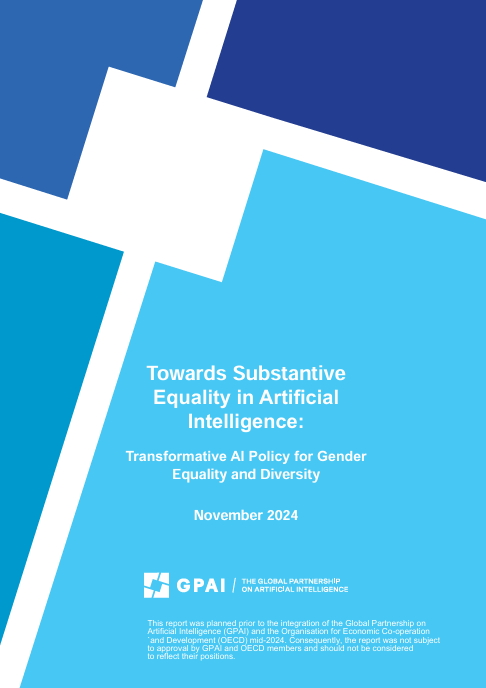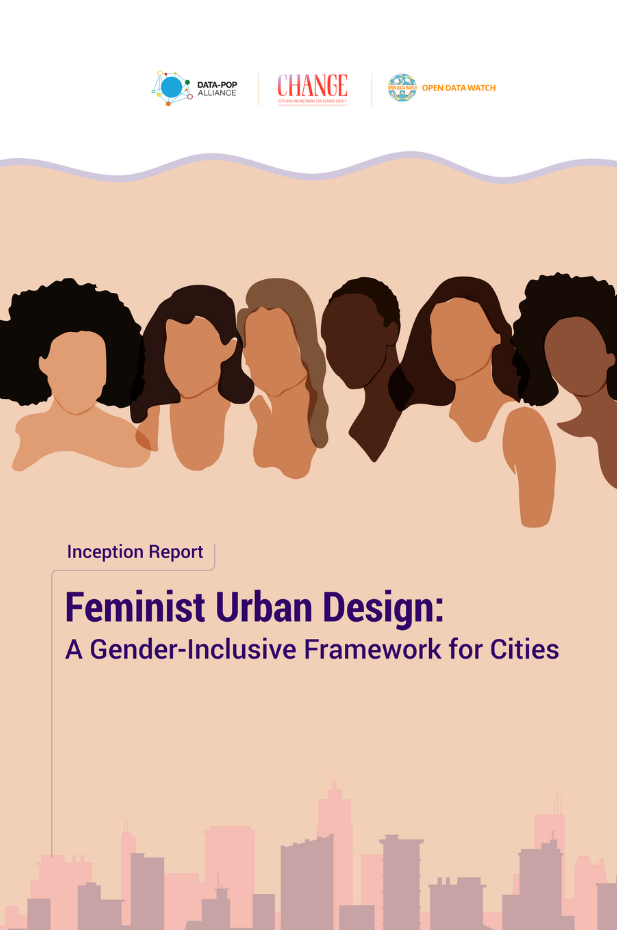This report explores the opportunities, challenges and required steps for leveraging this new ecosystem of Big Data to monitor and detect hazards, mitigate their effects, and assist in relief efforts. Ultimately the goal is to build resilience so that vulnerable communities and countries as complex human ecosystems not only ‘bounce back’ but also learn to adapt to maintain equilibrium in the face of natural hazards.
An overall conclusion is that Big Data for resilience, as with nearly everything with Big Data, is still “in its intellectual and operational infancy”; most existing applications are small pilots, few formal evaluations exist, and much of the field consists of studies from the grey and white literature, case studies, and reports from NGOs, humanitarian organizations, and private companies. But based on the evidence available so far, Big Data does show real value and potential as a force for increasing social resilience, provided it is approached and promoted not merely as yet another technological fix.


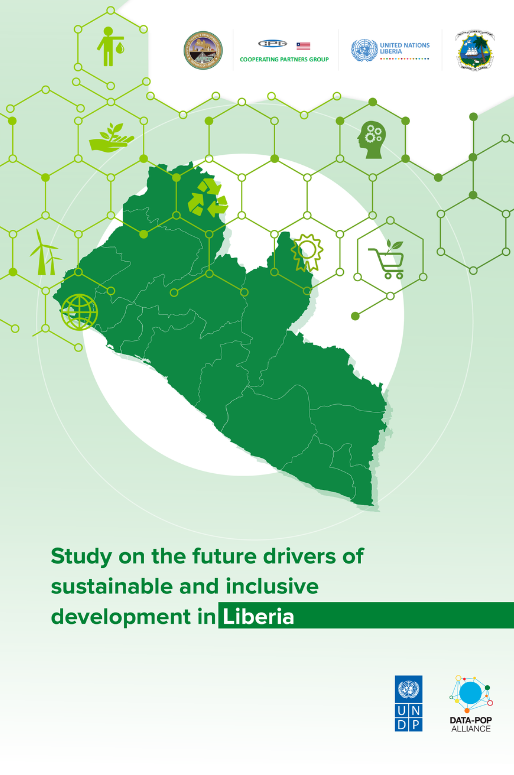

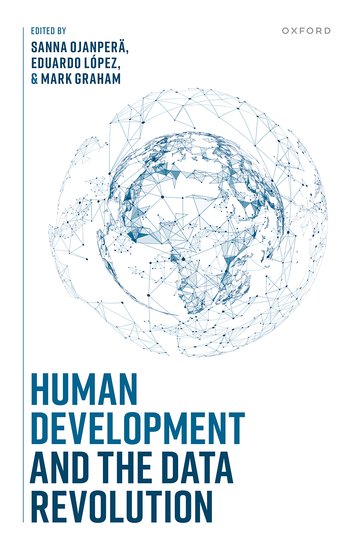
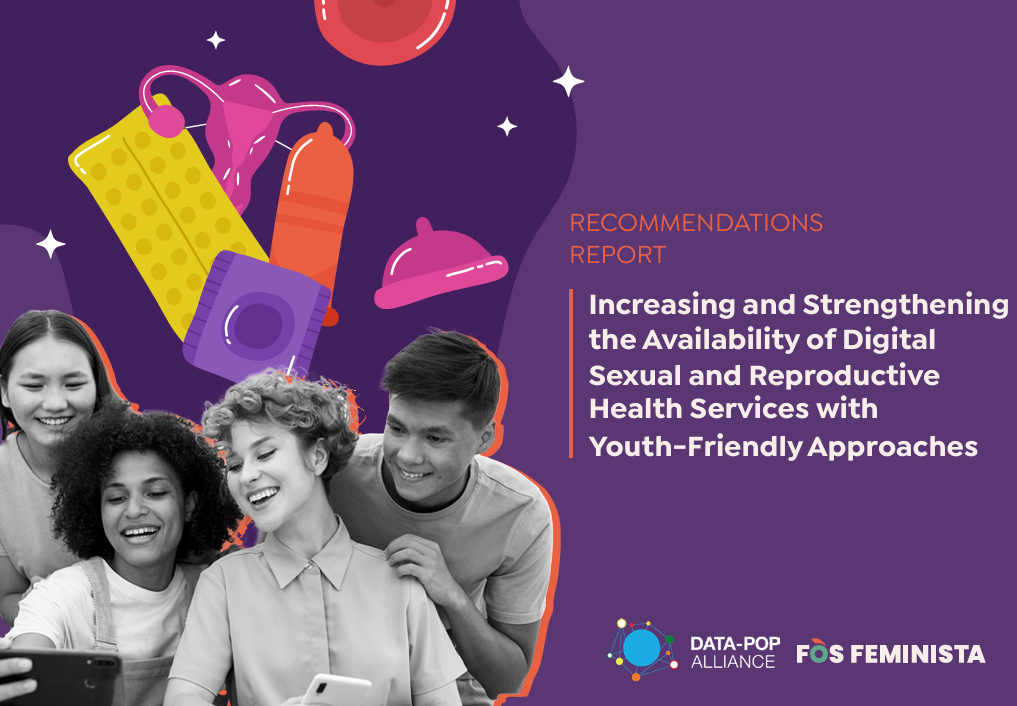
![[P124] cover Bangladesh_Report](https://datapopalliance.org/wp-content/uploads/2025/04/P124-cover-Bangladesh_Report.png)

![[WEB] Feature Blog Post](https://datapopalliance.org/wp-content/uploads/2025/02/WEB-Feature-Blog-Post-.png)

